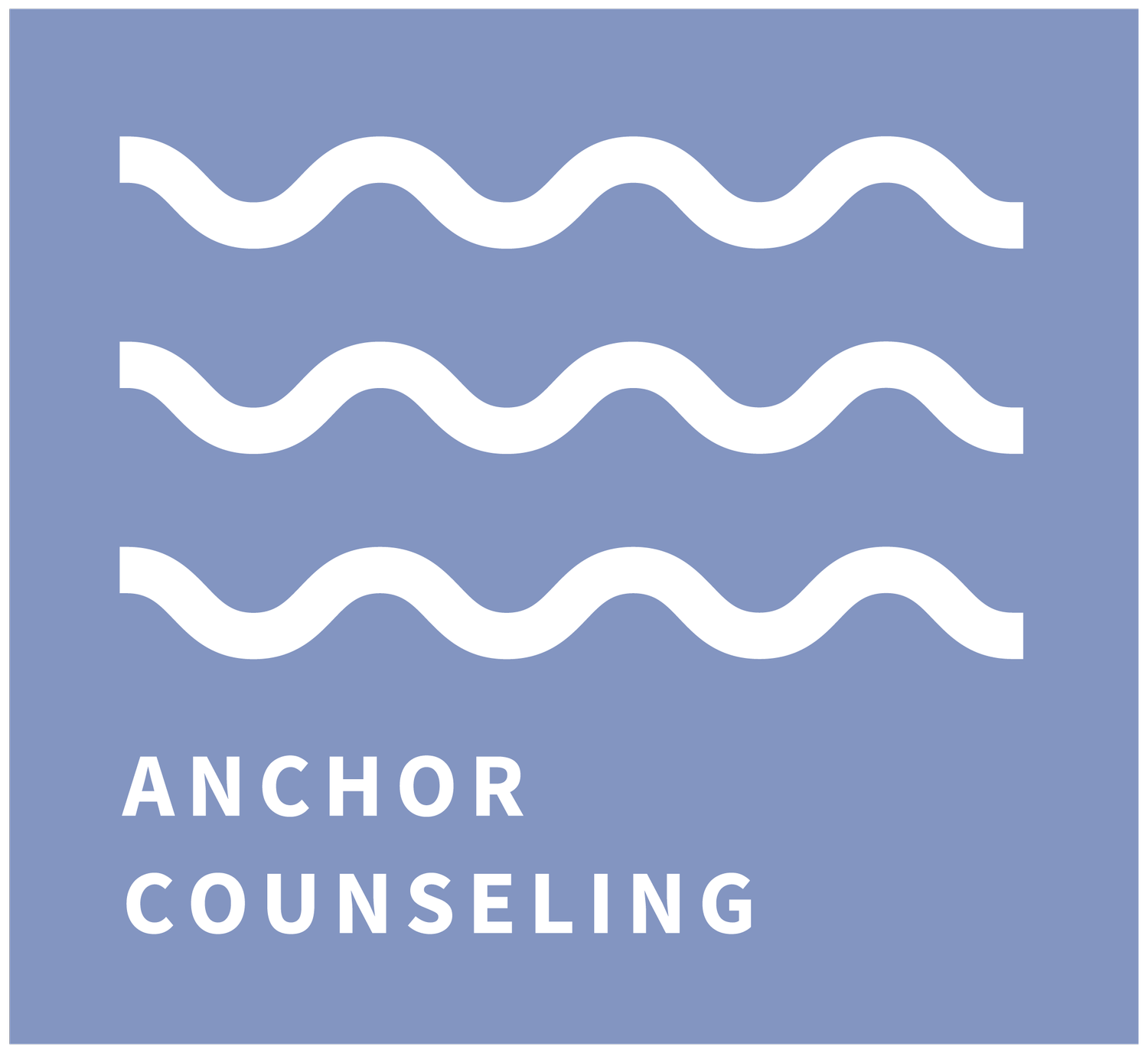When to Use Distraction to Calm Yourself Down
In our last post about screen time, we offered suggestions for reducing your screen time to help support your overall wellbeing. The pattern of constant scrolling can be an unhelpful distraction that does nothing to provide relief from uncomfortable emotions or situations. Not all distractions are negative, however. Sometimes, distraction is actually a useful coping skill that can help you feel better in the moment.
So, how do you know when to use distraction to feel better, and when is it not as helpful to use?
Distraction as a coping skill
Coping skills are tools that help us manage difficult situations or feelings. They can help us get through painful moments, and help us regulate our emotions more effectively.
Distraction can be a useful coping skill when it’s used with intention, and not done mindlessly. If you’re distracting yourself intentionally, you’ll consider why you’re choosing to distract yourself, instead of just jumping in without thinking. Consider how you’re feeling, and how you’d like to feel, how long you’d like to distract yourself for, and how to avoid distractions that are unsupportive, like mindless scrolling or self-harm.
These are some of the situations where you might reach for distraction in your coping skills toolbox:
When your feelings are overwhelming you
In moments of intense emotional overwhelm, distraction can help you soothe yourself. We all feel intense or overwhelming emotions for a lot of reasons. Sometimes they’re the result of a situation you’re in. Sometimes they’re about someone else. Sometimes they come from considering existential topics, like death or existence. Whatever the cause, in moments of extreme overwhelm, it might help you feel better to distract yourself.
If you’re dealing with disability, chronic illness, or pain
When you’re in pain and there’s nothing that you can do about it (or nothing that helps), distraction can be a blessing. Pain can be all encompassing - when you’re in pain, it’s extremely hard to think about anything else. Finding ways to distract yourself and get moments of relief can make a big difference in your overall well-being.
You’re experiencing trauma
People who are in traumatic situations can benefit greatly from distraction. Trauma can include things like abuse, poverty, experiencing a crime or natural disaster, war and pandemics, and experiencing racism, sexism, homophobia, transphobia, or fatphobia. Trauma doesn’t always include those big situations, though. It’s also traumatic to experience the unraveling of federal protections and rights, to have your community be under attack, or to see your neighbors and loved ones disappearing around you. It’s no wonder so many of us are looking for distractions right now - the world is a scary and uncertain place for many of us.
Distraction ideas to try
When you’re considering distractions to try, make sure that whatever you choose is going to be engrossing enough to hold your interest to keep you distracted from whatever you need to be distracted from. Here are some ideas to get you started:
Coloring in a coloring book
Calling a friend
Working on a craft
Going for a walk
Playing an instrument
Listening to music, podcasts, or audiobooks
Reading a book
Watching a reality show
Doing a puzzle
Taking a fitness class
Grooming a pet
Cooking a new recipe
Finishing a project around the house
Playing a video game
Gardening
Count or do math in your head (try grouping numbers in different variations)
Keep in mind that distraction is a temporary coping skill. Once you’ve successfully distracted yourself and feel less emotionally activated, you can go back to whatever the situation was and deal with it.
When does distraction go too far?
Distraction, when used too frequently or without intention, can be a problem. If you find that you’re using it to avoid things, it might be time to use other coping strategies besides distraction. It’s very easy for distraction to go from intentional to problematic without you noticing, because it often feels better than having a hard conversation or dealing with overwhelming responsibilities. Eventually, though, you’ll feel worse when you keep avoiding things.
Another sign that distraction isn’t a good fit is when you experience dissociation (or disconnection from yourself or your surroundings). Dissociation can encompass a wide range of experiences, but if you experience blank periods of time where you don’t remember anything, feeling disconnected from your emotions, or feeling numb and distant with yourself, you might be experiencing dissociation.
In addition, some people with conditions like anxiety or OCD find that distraction actually makes them feel worse. Trying to avoid thinking about something can make it really hard to stop thinking about it, and that can lead to an increase in intensity of anxiety. People also sometimes distract themselves in ways that aren’t helpful or healthy, like by using substances, or self-harming. These types of distraction can be effective in that they might successfully distract you, but in the long term they can be very harmful.
Working with a therapist can help you find more supportive ways to distract yourself and find coping skills to use in addition to distraction so you can experience relief. Our therapists at Anchor Counseling New York are accepting new clients - schedule an appointment today to get started.


